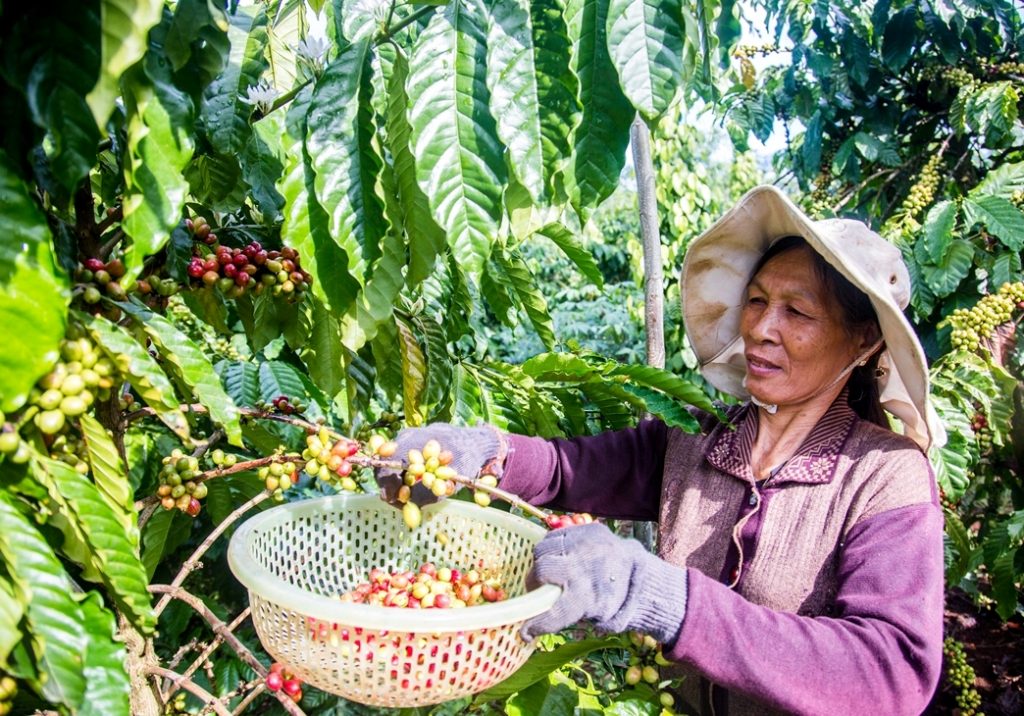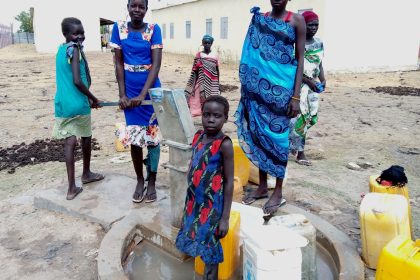Vietnam agrees to give Uganda’s coffee sector renewed push
 Vietnam is the second largest producer in the world at 1.6 million metric tonnes after Brazil while Uganda lies eighth with exports of 288,000 tonnes.
Vietnam is the second largest producer in the world at 1.6 million metric tonnes after Brazil while Uganda lies eighth with exports of 288,000 tonnes.
April 15—Last month, Uganda was in talks with Vietnam, the country that overtook it in the production of Robusta coffee in less than a decade.
Today, Vietnam is the second largest producer in the world at 1.6 million metric tonnes after Brazil while Uganda lies eighth with exports of 288,000 tonnes or just under five million bags.
As a crucial component of meeting its middle-income strategy, the government wants to increase annual production four-fold to 20 million bags by 2025. At $400 million annually, coffee remains the country’s biggest agricultural export, but the sector is marred by widespread backward farming methods which have prevented higher productivity and better quality.
Senior agricultural ministry officials led by junior minister, Christopher Kibanzanga, together with a team from the Uganda Coffee Development Authority traveled to Hanoi between March 18 and 24. They held talks with Vietnamese counterparts led by Le Quoc Doanh the Vietnamese Deputy Minister of Agriculture and Rural Development.
According to an MoU, it was agreed to benchmark on strategies that Uganda can use to increase the quality and quality of its coffee to improve its export volumes
Astrid R. N. Hass, a Senior Country Economist at the International Growth Centre, says in the 1980s, Uganda was one of the largest exporters of coffee, responsible for about 2 percent of the world’s coffee supplies. In 1980 it was producing approximately 2.1 million bags compared to Vietnam’s 77,000 bags. At this time Vietnam hardly exported any of its produce.
Now the tables have turned. Vietnam is one of the world’s top coffee exporters, accounting for over 18 pc of global coffee exports, while Uganda’s has stagnated to between 2 percent and 3 percent.
‘Vietnam has far outperformed Uganda over the past two decades due to its levels of productivity. This is down to the use of agricultural inputs for production, particularly the quality and quantity of fertiliser and machinery,’ she said in a 2017 analysis.
Vincent Ssempijja, the agriculture minister said, “From experience, in economies that are performing better, applications of fertilizers can double the productivity per tree of coffee. Fertilizers use in Uganda is currently estimated at about 4 kilograms per hectare, while in Vietnam it was reported to be about 1,200 kilograms per hectare.”
According to a statement from the agriculture Ministry, the MoU will allow the two countries to exchange technicians and researchers, carry out study tours, seminars, training, exchange study programs, utilize laboratories, exchange notes on policies and government plans, develop market strategies for the international market among other things.

 African Heads of state head to South Korea next week for Summit talks
African Heads of state head to South Korea next week for Summit talks
 Trading leads as main source of income for Ugandans
Trading leads as main source of income for Ugandans
 Unpacking results-based financing: balancing strengths with weaknesses
Unpacking results-based financing: balancing strengths with weaknesses
 Women social entrepreneurs offered chance to visit New York
Women social entrepreneurs offered chance to visit New York
 Why and how economics must change
Why and how economics must change
 Stanbic Bank Uganda Chief Executive elevated to regional role in Nairobi
Stanbic Bank Uganda Chief Executive elevated to regional role in Nairobi
